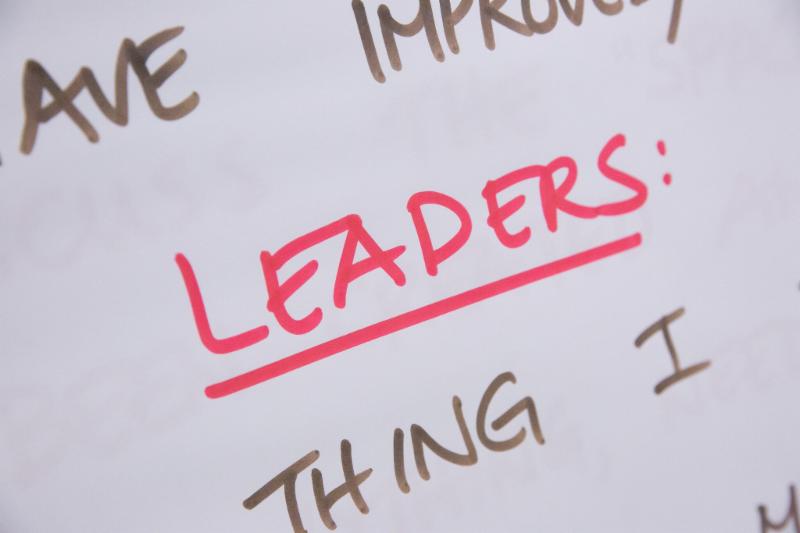
Leaders and teams often avoid stressful and challenging conversations. Sometimes this is unproductive, but at times this can be a helpful and appropriate response.
Our Director of Learning, Deborah Grayson Riegel, shared her thoughts in a recent HBR post about when to have and when to skip or postpone a difficult conversation.
We’ve also got some useful ideas around feedback.
Enjoy!
The Boda Team
——————————————————–
When to Skip a Difficult Conversation
This article originally appeared on HBR.org.
Leaders know that they’ll occasionally need to give tough feedback to their employees, colleagues, and clients. And yet, no matter how skilled or experienced they are at it, most would also do anything to find a way out. As Douglas Stone, Bruce Patton and Sheila Heen explain in their book, Difficult Conversations, this internal struggle is natural: “If we try to avoid the problem, we’ll feel taken advantage of, our feelings will fester… and we’ll rob the other person of the opportunity to improve things. But if we confront the problem, we may be rejected or attacked, we might hurt the other person in ways we didn’t intend, and the relationship might suffer.”
——————————————————–
Learn More About Feedback:
HBR Live: How to Effectively Give and Receive Feedback
Feedback: Do You Lean In or Back Away?
Feedback is Good for Your Health
How to Give Negative Feedback When Your Organization Is “Nice”
